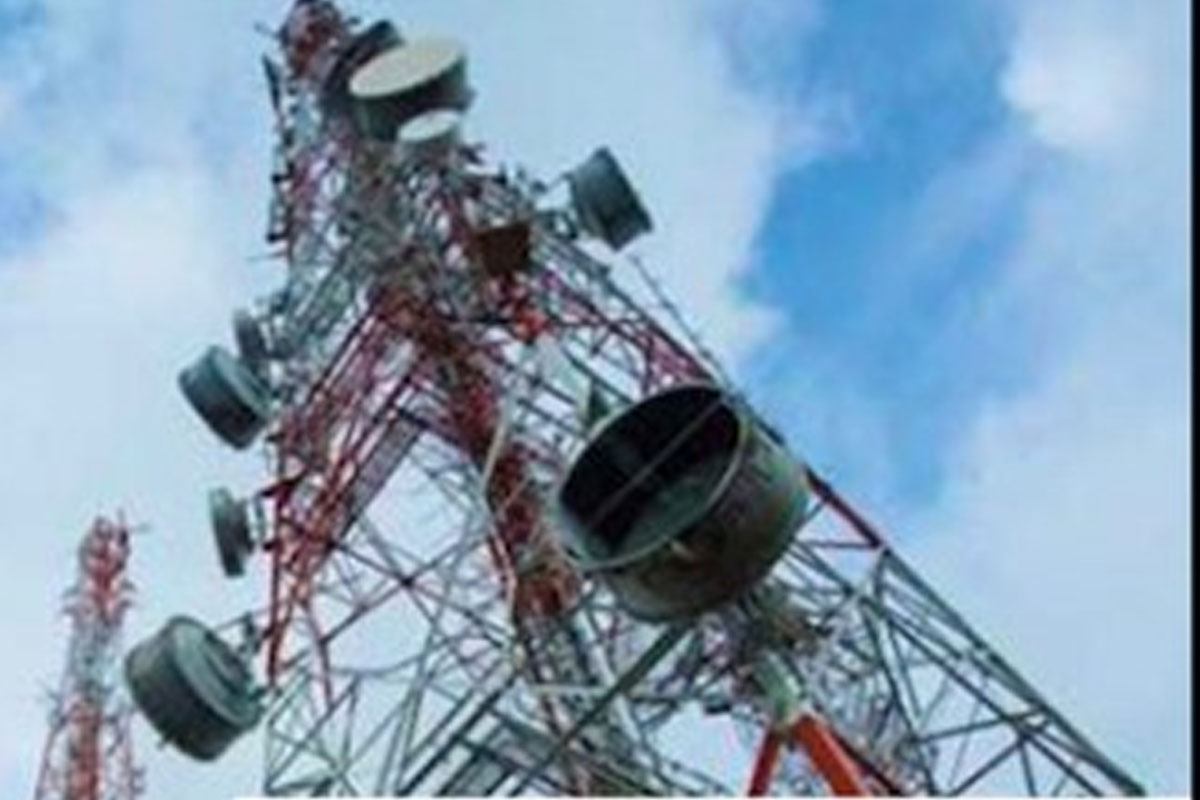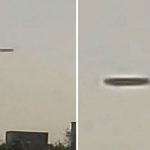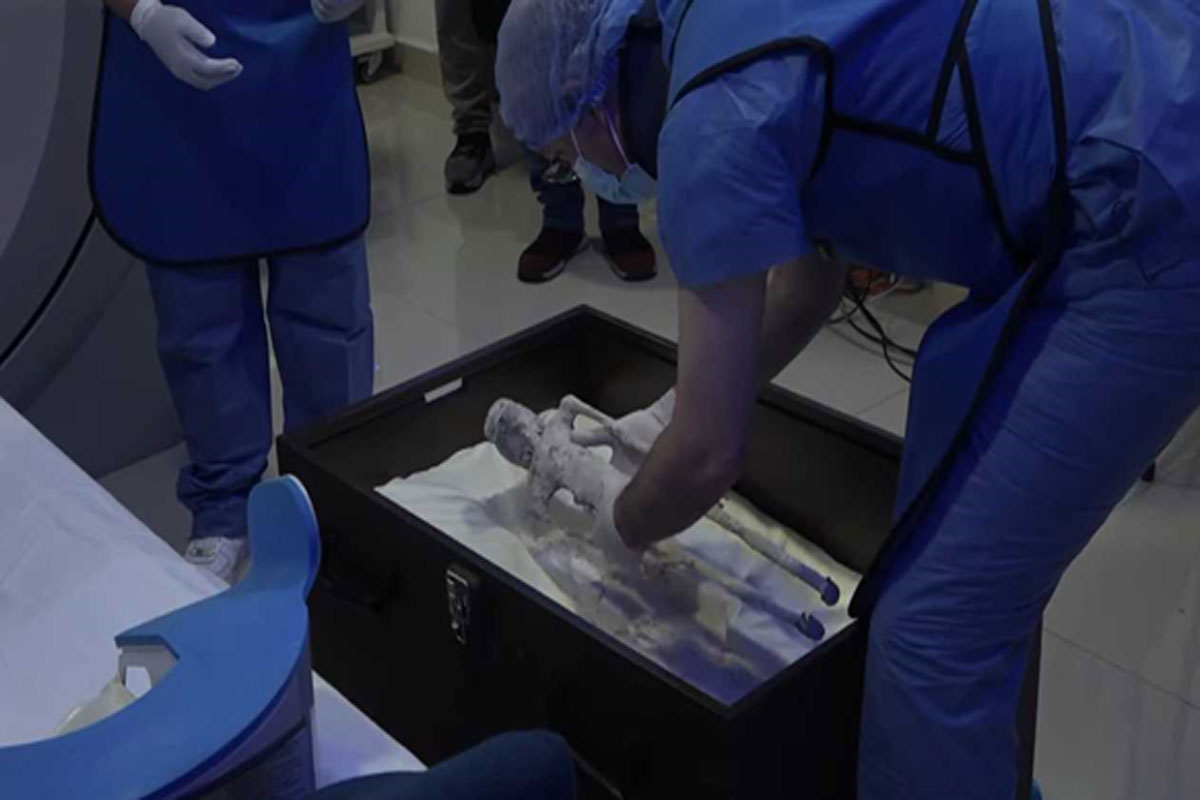
What would happen if an asteroid 10 kilometers across hit the Earth? (Beginner)
If an asteroid / meteorite of about 10 km in diameter hit either a) land or b) ocean, on earth, what may happen?
For an asteroid 10 km in diameter, it doesn’t matter where it hits, ocean or dry land. Remember that the depest point in the oceans is in the Mariana Trench, and is only 11 km deep! Also, a typical speed for meteorites is around 30 kilometers per second. An asteroid 10 kilometers across is so massive that it’s very hard to slow it down. Unlike smaller meteors, it will not be slowed down much by air friction. It will punch through the atmosphere like it’s hardly even there. When it reaches the surface, it will smack so hard that it won’t matter if it strikes ocean or land.
The imapact with the earth’s crust will finally stop the asteroid. The energy of the impact will vaporize the asteroid and a large amount of the Earth’s crust, creating a crater more than one hundred kilometers across, throwing all that rock into the air.
Some of this debris will be going so fast that it will fly right out of the Earth’s atmosphere and go into orbit around the Earth. Most of the debris will rain back down on the Earth–every part of the Earth, not just near the impact site–heating the atmopshere until it’s like the inside of an oven, triggering forest fires and cooking anything that isn’t sheltered underground.
The combination of dust from the impact and soot from the forest fires will remain in the Earth’s atmosphere for a year or so, blocking the light of the Sun. Without sunlight, much of the Earth’s plantlife, on land and in the sea, will die.
Many species of animals–including the human race, if we aren’t both lucky and resourceful!–will die out, either in the initial catastrophe, or in the ensuing years due to lack of food and the general devastation of the environment.
The last time this happened was 65 million years ago, when an asteroid struck the Earth, creating the Chicxulub Crater in Mexico and causing the extinction of the dinosaurs. On average, an asteroid this size strikes the Earth every 50 to 100 million years.
This page checked on July 18, 2015.


















